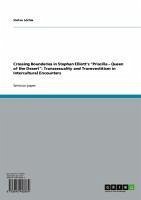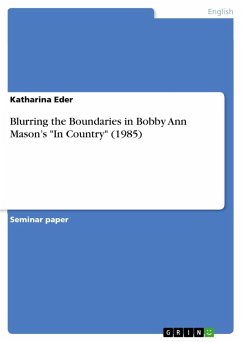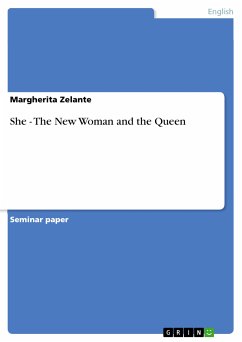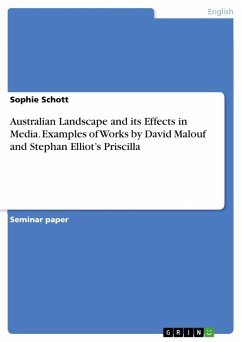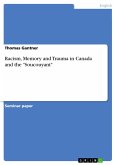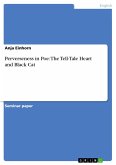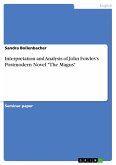Seminar paper from the year 2008 in the subject English Language and Literature Studies - Literature, grade: 1,3, University of Constance (Fachbereich Anglistik - Amerikanistik), course: Australian Identity in Literature and Film, language: English, abstract: This term paper deals with disparate notions of gender in Stephan Elliott’s 1994 movie “Priscilla – Queen of the Desert” within the frame of a course on “Australian Identity in Literature and Film”. The movie presents a variety of ways of “doing gender”: Its is primarily concerned with conceptions of gender deviating from the usual male-female-dichotomy, i.e. the ones of two cross-dressing homosexual men and a male-to-female-transsexual as contrasted to stereotypical notions of masculinity and femininity. Those have to be taken into account as the entirety of gender identities really is a web of the utmost complexity with notions of male and female forming a centre around which the other conceptions of identity are grouped and on which they depend. Changes in the understanding of masculinity and/or femininity then are likely to disrupt the entire system and cause deviant sexual identities to change with them. My primary aim in this term paper then will be to compare the western/mainstream-Australian attitude towards diverging sexual identities such as transsexuality, homosexuality and transvestitism to the one of indigenous people such as the Aborigines and to explain why their attitudes towards it are so different.
